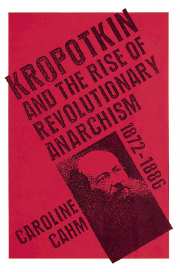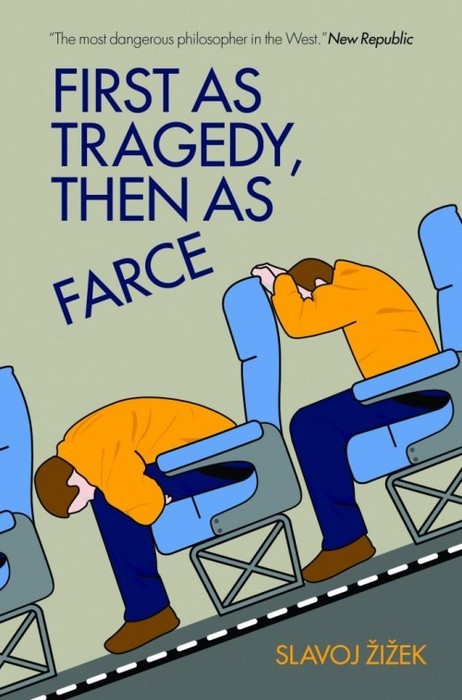Jacques Derrida: Specters of Marx. The State of the Debt, the Work of Mourning and the New International (1993/1994)
Filed under book | Tags: · communism, critique, deconstruction, hauntology, history, labour, marxism, philosophy, philosophy of history, politics, revolution

Prodigiously influential, Jacques Derrida gave rise to a comprehensive rethinking of the basic concepts and categories of Western philosophy in the latter part of the twentieth century, with writings central to our understanding of language, meaning, identity, ethics and values.
In 1993, a conference was organized around the question, ‘Whither Marxism?’, and Derrida was invited to open the proceedings. His plenary address, ‘Specters of Marx’, delivered in two parts, forms the basis of this book. Hotly debated when it was first published, a rapidly changing world and world politics have scarcely dented the relevance of this book.
Originally published as Spectres de Marx, Galilee, 1993
Translated by Peggy Kamuf
With an Introduction by Bernd Magnus and Stephen Cullenberg
Publisher Routledge, 1994
Routledge Classics
ISBN 0415389577, 9780415389570
198 pages
Wikipedia
Publisher
Google books
PDF (updated on 2014-9-5)
Comment (0)Caroline Cahm: Kropotkin. And the Rise of Revolutionary Anarchism, 1872-1886 (2002)
Filed under book | Tags: · 1870s, 1880s, anarchism, communism, politics, revolution, socialism

This major study of Peter Kropotkin sets him firmly in the context of the development of the European anarchist movement as the man who became, after Bakunin’s death, their chief exponent of anarchist ideas. It traces the origins and development of his ideas and revolutionary practice from 1872 to 1886, and assesses the subsequent influence of his life and work upon European radical and socialist movements. Dr Cahm analyses Kropotkin’s role in the transformation of Bakunin’s anti-authoritarian socialism, and shows how two principal types of revolutionary action emerge from anarchist efforts to develop clear alternatives to the parliamentary strategies of social democrats; one based on the activity of individuals and small groups, the other related to large-scale collective action.
Publisher Cambridge University Press, 2002
ISBN 0521891574, 9780521891578
388 pages
Slavoj Zizek: First As Tragedy, Then As Farce (2009)
Filed under book | Tags: · capitalism, commons, communism, globalisation, propaganda, socialism

From the tragedy of 9/11 to the farce of the financial meltdown
In this bravura analysis of the current global crisis following on from his bestselling Welcome to the Desert of the Real, Slavoj Zizek argues that the liberal idea of the “end of history,” declared by Francis Fukuyama during the 1990s, has had to die twice. After the collapse of the liberal-democratic political utopia, on the morning of 9/11, came the collapse of the economic utopia of global market capitalism at the end of 2008.
Marx argued that history repeats itself “occuring first as tragedy, the second time as farce” and Zizek, following Herbert Marcuse, notes here that the repetition as farce can be even more terrifying than the original tragedy. The financial meltdown signals that the fantasy of globalization is over and as millions are put out of work it has become impossible to ignore the irrationality of global capitalism. Just a few months before the crash, the world’s priorities seemed to be global warming, AIDS, and access to medicine, food and water — tasks labelled as urgent, but with any real action repeatedly postponed.
Now, after the financial implosion, the urgent need to act seems to have become unconditional — with the result that undreamt of quantities of cash were immediately found and then poured into the financial sector without any regard for the old priorities. Do we need further proof, Zizek asks, that Capital is the Real of our lives: the Real whose demands are more absolute than even the most pressing problems of our natural and social world?
Publisher Verso, 2009
ISBN 1844674282, 9781844674282
Length 96 pages
PDF (updated on 2012-4-15)
Comment (0)
